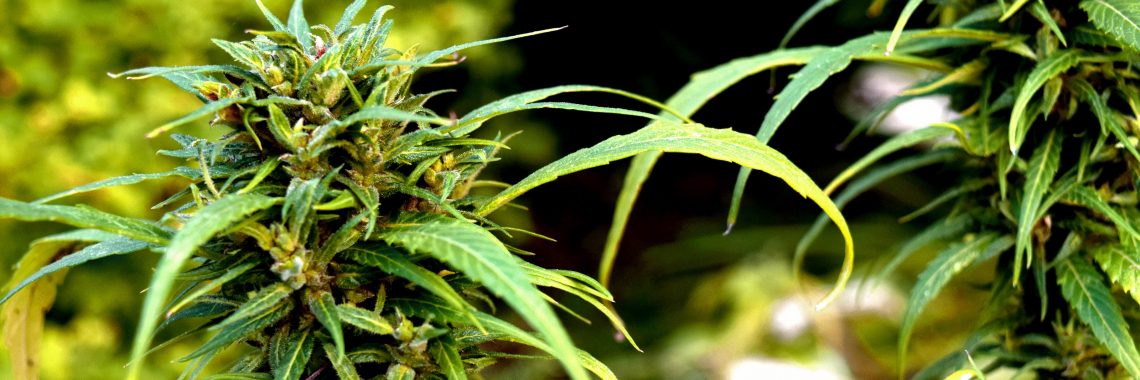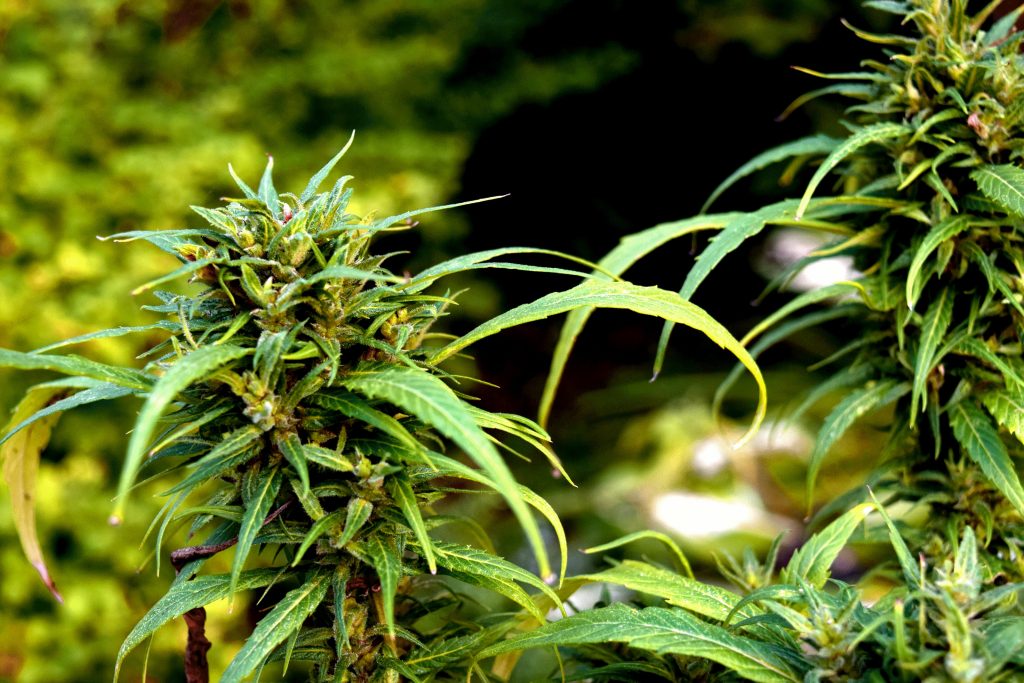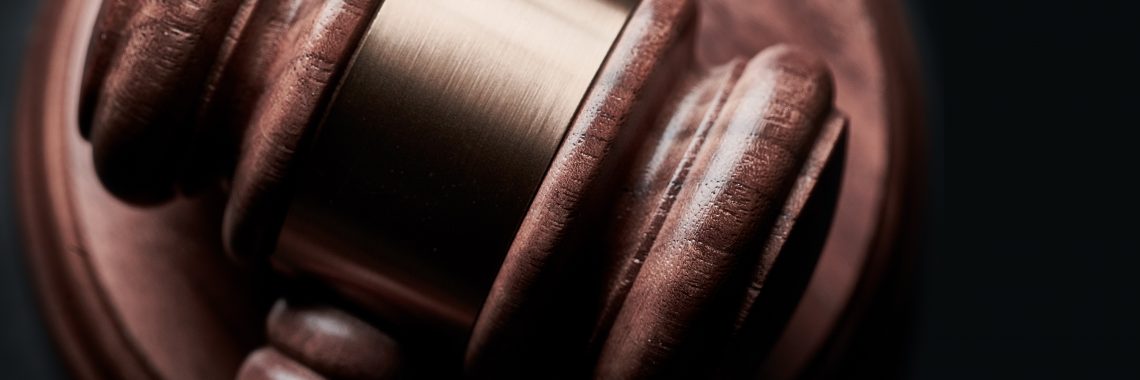Challenging the “New Normal” on Commercial Surrogacy

Last week we published a blog post about New York’s recent decision to legalize commercial surrogacy.
On Friday, John Stonestreet at the Colson Center for Christian Worldview released a column about CNN host Anderson Cooper’s decision to hire a commercial surrogate.
This story demonstrates that commercial surrogacy, including cases in which the child is intentionally deprived of its mother, is now fully normal. . . .
Behind Anderson Cooper’s money and these headlines is this baby’s mom. No matter what we tell ourselves about how willing she was or how better off she is now, she is harmed and so is her son – who somehow knew from the moment he was born to look for her. Unfortunately, he won’t find her. Shame on us.
Stonestreet points out several of the ethical problems with commercial surrogacy, such as:
- Commercial surrogacy assumes “children” are a right that God never promised
- It denies children the opportunity to be raised by their biological mom and a dad
- It treats children as products
- It poses a significant risk of financial exploitation for women
As we keep saying, being pro-life means believing that human life is sacred from conception until natural death.
It means treating human life with respect at every stage of development.
It also means recognizing that human beings are not products that can be bought or sold. That’s why Family Council opposes commercial surrogacy — and will continue to oppose it.





